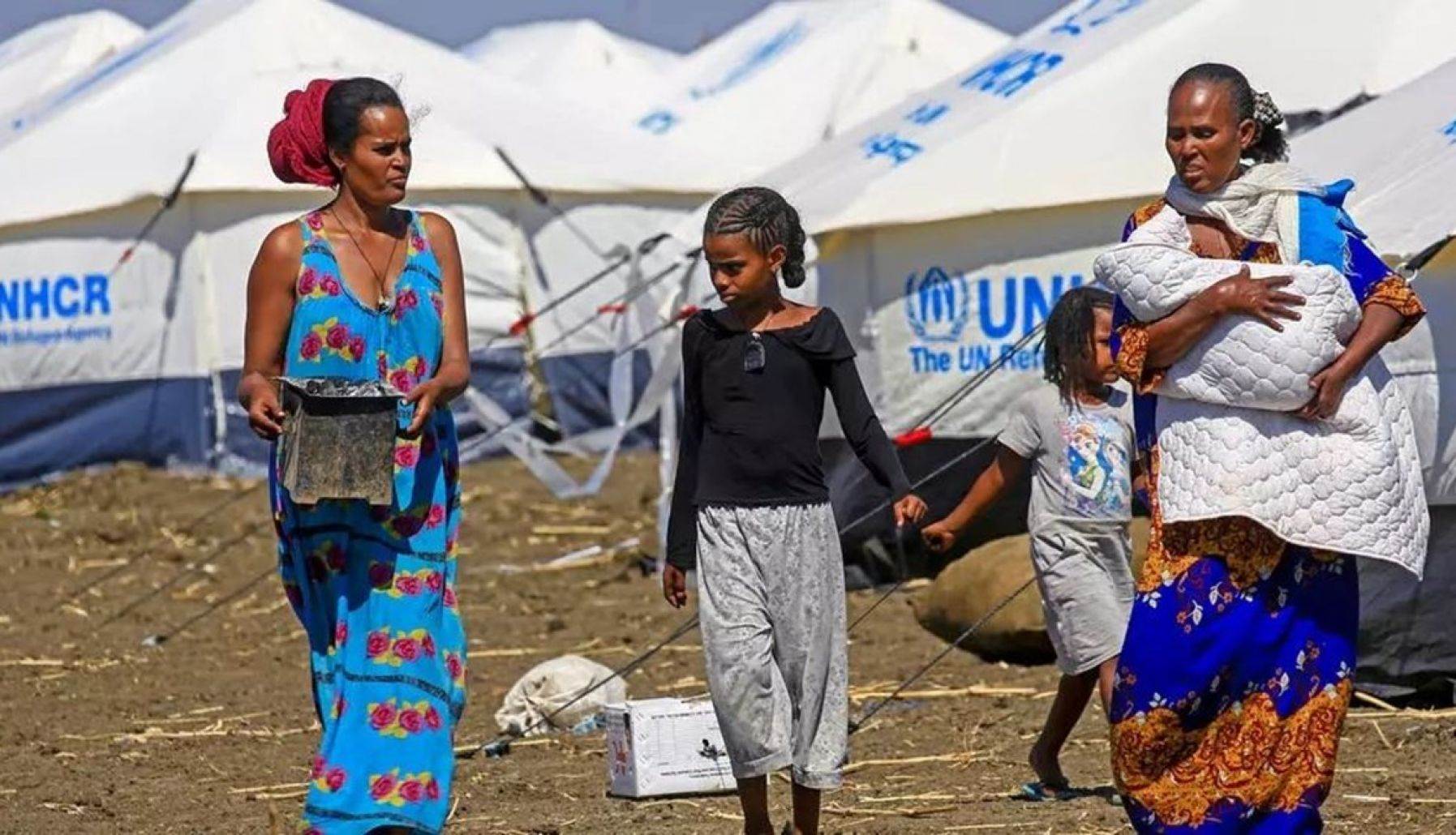Millions in North Ethiopia Living on Knife Edge: UN Envoy
The United Nations unveiled releasing funds amounting to $40 million for Ethiopia in a bid to help the conflict-stricken country get back on its feet.
-

Women, boys, and girls continue to bear the brunt of the conflict: Martin Griffiths
The United Nations said Monday it had released emergency funds to help provide life-saving humanitarian assistance and protection to civilians who had been impacted by the ongoing conflict in the African nation.
UN Under-Secretary-General for Humanitarian Affairs and Emergency Relief Coordinator, Martin Griffiths, said his agency had released $40 million in a bid to bolster emergency operations in the Ethiopian north, especially Tigray, as it is the main region affected by the conflict. The Envoy also said this was part of an early response to drought in the southern part of the country.
"Millions of people in northern Ethiopia are living on a knife-edge as the humanitarian crisis is growing deeper and wider," said Griffiths upon returning from a visit to Ethiopia, underscoring that needs are rising across the country.
The fighting in Ethiopia, which has seen Addis Ababa clashing with the Tigray People's Liberation Front, has been going on for around a year now, and it has put hundreds of thousands of people in conditions that could amount to famine.
Ethiopian Prime Minister Abiy Ahmed sent soldiers into Tigray in November 2020 to topple the TPLF, which he said was in response to their attacks on army camps.
Although the Ethiopian President, who had won the 2019 Nobel Peace prize, promised his people a "swift victory", the TPLF had recaptured the majority of Tigray before marching on to Amhara and Afar.
The UN Envoy has said $25 million of the donation was coming from the United Nations Central Emergency Response Fund, and the rest was coming from the Ethiopia Humanitarian Fund.
"Women, boys, and girls continue to bear the brunt of the conflict, yet their protection needs remain underfunded," he asserted.
The relief fund is said to also help the drought-stricken southern Somali and Oromia regions obtain drinking water to prevent waterborne diseases, such as cholera.
The UN said humanitarian operations throughout Ethiopia were still facing a $1.3-billion funding gap this year, despite this new injection of funds. The gap also includes $350 million, which is still needed to respond to the crisis in Tigray alone.

 2 Min Read
2 Min Read










